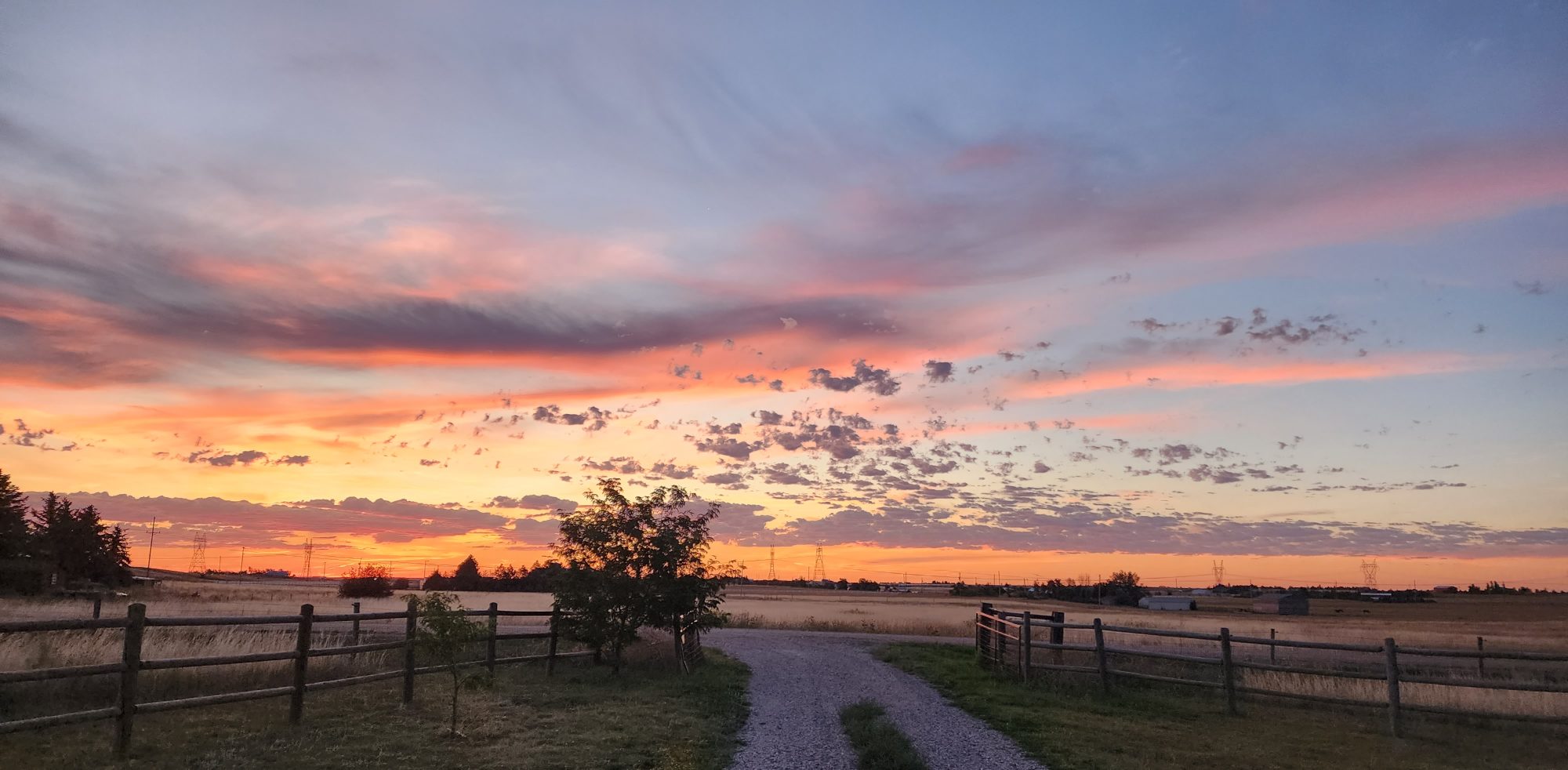SUMMARY OF AMOS 3
More pronouncements of judgment against Israel and how they will be punished for their sins. An enemy will overrun Israel, and the foreign altars will be destroyed. But a remnant would be preserved.
SUMMARY OF AMOS 4
Israel has been warned, yet they still continue to sin.
SUMMARY OF AMOS 5
God warns his people to seek him and live or they will perish.
SUMMARY OF AMOS 6
God warns those who are complacent and says they will among the first to go into exile. The cries against the pride of Israel. He says a nation will oppress them as punishment.
BSF Study Questions People of the Promise: Kingdom Divided Lesson 13, Day 3: Amos 3-6
5a) The Lord does nothing without revealing his plan to the prophets. God has spoken just like the lion has roared, the bird has swooped, and the trumpets have sounded. Disasters the Lord has caused.
b) Because the people have sinned and turned away from God, God sent prophets to warn his people of his judgment if they don’t turn back to him. Israel needs to turn back or they will be judged.
6) The sins are how Israel does not do right and they plunder and they loot. The consequences are that an enemy will overrun the land and plunder them. The Israelites living in Samaria will be rescued. The altars of Bethel and houses will be destroyed when Israel is punished for her sins. The women will be taken away and cast out. God punished them periodically such as with little rain and food, but still they did not return to him. God sent plagues and killed young men with no one returning to him.
7a) “Yet you have not returned to me.” Amos 4:6; 8; 9; 10; 11 God gives his people chances to repent before he judges them.
b) Any type of calamity, whether a natural disaster or a personal disaster.
8 )
4:12: “Therefore this is what I will do to you, Israel, and because I will do this to you, Israel, prepare to meet your God.” If you sin, you will suffer the consequences.
5:4: “Seek me and live.” God is a God of second chances. He gives life to those who seek him.
5:14: “Seek good, not evil, that you may live. Then the Lord God Almighty will be with you, just as you say he is.” Be good, and God will be with you.
5:15: “Hate evil, love good; maintain justice in the courts. Perhaps the Lord God Almighty will have mercy on the remnant of Joseph.” Do good, and the Lord will have mercy.
9)
5:18: “Woe to those who long for the day of the Lord.” You should live each day as if the day of the Lord is here, but most of us don’t because the day of the Lord brings judgment, so we should be prepared.
6:1: “Woe to you who are complacent in Zion, and to you who feel secure on Mount Samaria, you notable men of the foremost nation, to whom the people of Israel come.” This is an indulgent ease for comfort and luxury. It is easy to get comfortable and complacent in life, but we must always be seeking God and His ways.
Conclusions BSF Study Questions People of the Promise: Kingdom Divided Lesson 13, Day 3: Amos 3-6
Long reading with lots of warnings here. At the end of the day, God just wants us to choose Him.
End Notes BSF Study Questions People of the Promise: Kingdom Divided Lesson 13, Day 3: Amos 3-6
Amos 3: Israel rejected God despite the privileges they had of being with him. Thus, God enacts judgment.
God revealed to the prophets the judgment so people would turn to him. Israel would be overrun by Assyria in less than 30 years after Amos prophesied.
Amos 4: Bashan was known for its cattle.
Women of Israel indulged, so God would judge them. Their sacrifices were in vain. God would judge by withholding rain. He would send a plague. They would meet him.
Amos 5: God invites his people to seek him once again. He will save, but he will also judge.
Because they treated each other terribly, they would be judged. There would be wailing and woe on judgment day. Their sins would end in captivity.
Amos 6: Those who are comfortable should take heart as woe is coming. Those who are high-standing will be brought low. Israel will be destroyed.
Israel is too full of pride and injustice.
Contact me today!
Great Christmas Ideas (And Fun Winter Reads, Too!)









*As an Amazon associate, I earn from qualifying purchases.
Like this:
Like Loading...



















